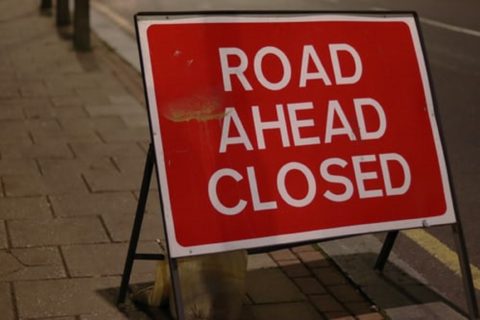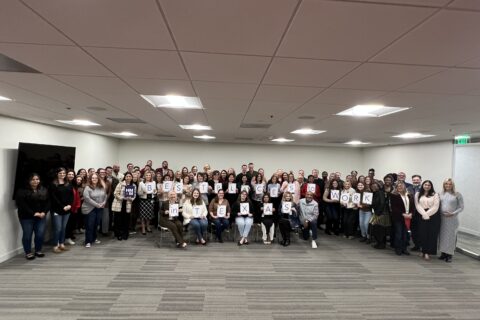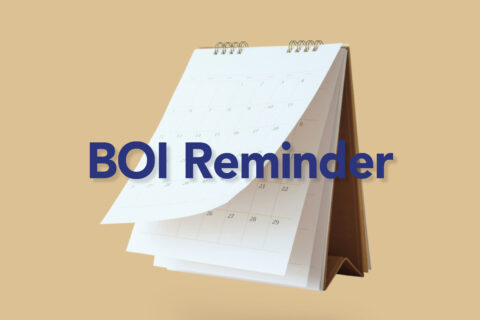The Coronavirus Aid, Relief, and Economic Security (CARES) Act, enacted on March 27, 2020, waived required minimum distributions (RMDs) from tax-qualified defined contribution retirement plans (such as 401(k) and 403(b) plans) and individual retirement accounts (IRAs) that were otherwise due in 2020 to help Americans cope with the uncertainty caused by the COVID-19 pandemic. This was welcome relief for those who wanted to skip RMDs for the year, but the law created many unanswered questions—especially for those who had taken distributions before the law’s enactment. This relief does not apply to RMDs from defined benefit plans.
The Internal Revenue Service (IRS) issued guidance in late-June to clarify these issues and ensure that anyone who received an RMD in 2020 from a defined contribution plan or IRA can now roll the funds back into a similar plan. Most notably, IRS Notice 2020-51 extends the deadline for participants to return an unwanted RMD to their retirement accounts to August 31, 2020 (or 60 days after the distribution, whichever is later). The notice also expands the RMD waiver and rollover opportunity to owners of non-spousal inherited IRAs.
Key Elements of Notice 2020-51
The recent IRS notice contains five key provisions affecting plan sponsors and individuals who wish to skip RMDs in 2020 or roll previously taken 2020 RMDs back into their retirement accounts:
- Individuals now have until August 31, 2020 to roll 2020 RMDs back into their retirement accounts; before Notice 2020-51, the deadline had been July 15, 2020.
- The RMD waiver now applies to non-spousal inherited IRAs; previously, these accounts had been excluded from the waiver.
- The usual limit of one rollover per year from IRAs does not apply to 2020 RMDs.
- 2020 RMDs can go back to the plan they were taken from, as long as the plan allows it.
- Plan sponsors (but not IRA vendors) will need to amend plans to reflect changes related to 2020 RMDs and rollovers; to help plan sponsors with this, the notice provides a two-part sample amendment that covers 1) giving participants the option of whether to take 2020 RMDs and 2) three options related to making direct rollovers available.
In addition, the notice includes a Q&A section that addresses several common issues related to the relief for RMDs and rollovers. In particular, the guidance specifies that plan sponsors do not have to accept rollovers and that the RMD waiver does not change an individual’s required beginning date to take RMDs—it only provides flexibility if RMDs started in 2020 (including 2019 initial RMDs that were allowed to be taken before April 1, 2020).
Insight: IRS Expands RMD Relief, but Deadline is Approaching
While the expansion of the RMD waiver coverage and the extension of the rollover deadline to August 31, 2020 is good news for many, the deadline is fast approaching. Plan sponsors need to act swiftly to see whether their plan allows rollovers of RMDs back into the plan. Those who wish to amend their plan to allow such rollovers should consider using the sample amendment provided in the notice or modify it to fit their plan’s circumstances.
For more information check out HM&M’s COVID-19 Resources page.
HM&M COVID-19 ResourcesLatest Blog
DALLAS, TX – [February 21, 2025] –HM&M, a leading accounting and advisory firm, is proud to announce that ...
Updated February 14, 2025 A complex trust or estate may make an election under Internal Revenue Code Section ...
As this reminder was going to press, a Texas-based federal court issued a preliminary injunction prohibiting the federal ...
HM&M Updates
DALLAS, Dec. 11, 2024 – Springline Advisory, a trailblazing financial and business advisory firm, is proud to announce its partnership ...
Last month, Senior Manager, Pearl Balsara was invited to speak at the 2023 FPA DFW Annual Conference in ...
We are pleased to announce the winners of the 2022 HM&M Excellence Awards. Ronna Beemer, Keith Phillips, and ...









